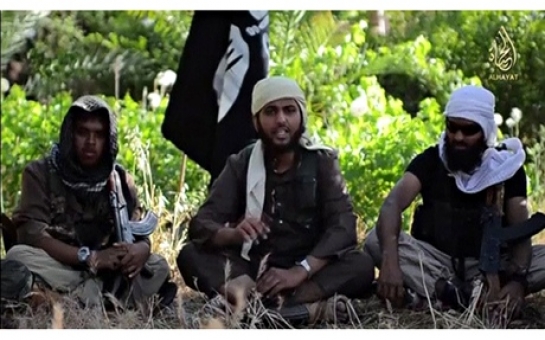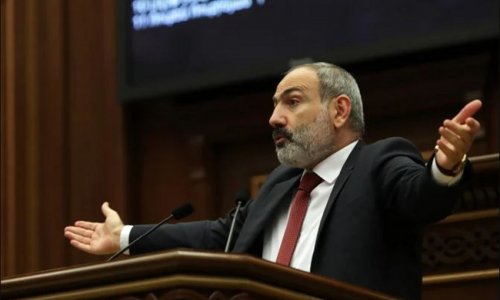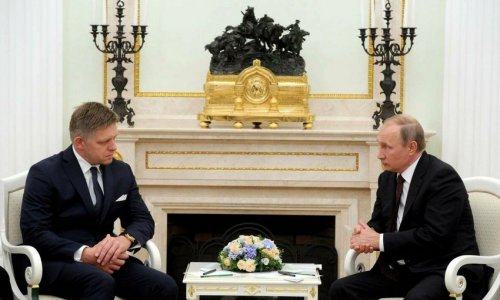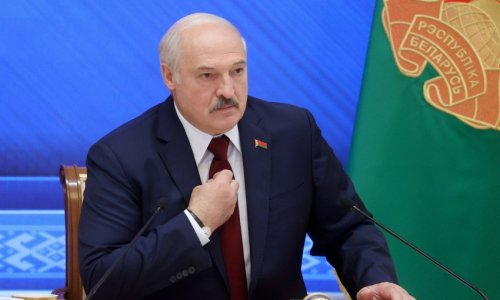In most cases wars are initiated by governments, not by populations. And, most of the time, they are the result of disputes over resources and land, or of a government’s desire to increase its influence and power. However, looking back over the history of warfare, what is most striking is how willing most people have been to fight in wars, or at least to support them.When Great Britain joined the first world war, in August 1914, massive crowds celebrated outside Buckingham Palace. This celebratory mood was widespread throughout Europe. Writing of the German people’s response to the war, the historian Alan Bullock described “an unparalleled sense of national unity, which those who experienced it never forgot, an exalted sense of patriotism”.The early American psychologist William James once suggested that war is so prevalent because of its positive psychological effects. It creates a sense of unity in the face of a collective threat. It binds people together – not just the army engaged in battle, but the whole community. It brings a sense of cohesion, with communal goals, and inspires individual citizens (not just soldiers) to behave honourably and unselfishly, in the service of a greater good. It supplies meaning and purpose, transcending the monotony of everyday life. Warfare also enables the expression of higher human qualities that often lie dormant in ordinary life, such as courage and self-sacrifice.This seems tantamount to suggesting that human beings fight wars because we enjoy doing so. It’s easy to see how James’s ideas could apply to the large numbers of young British men volunteering to fight in Syria in recent months. These young men see themselves as fighting a just cause with fellow Muslims, but they’re surely also seeking the sense of being more alive that James describes: a sense of cohesion and honour, which they – perhaps romantically – feel is more attainable in war than at home in the UK.James’s argument is that human beings need to find activities that provide the same positive effects of warfare but which don’t involve the same devastation, or as he calls it, “the moral equivalent of war”. In other words, we have to find alternative activities to give us that sense of feeling alive, of belonging and purpose.In stable, peaceful and more economically developed countries, such as the UK and the US, life is so rich and varied that there are many ways of satisfying these needs – through sport, our careers, entertainment and hobbies. However, in other parts of the world where life is especially hard – when people live in poverty and are oppressed, and where there is little hope for the future, such as in Gaza, Palestine and many parts of Africa – it’s harder to satisfy those impulses.Warfare may serve as a lowest common denominator to provide a semblance of psychological positivity, an attempt to live on a “higher plane of power”, in James’s words, with a sense of cohesion and purpose. If these needs are unsatisfied, and if there is an obvious enemy or oppressor to direct them towards, then warfare is almost inevitable.This isn’t to say that a warring party may not have a just cause, and this argument doesn’t explore other important social and psychological factors involved in war, such as social identity and moral exclusion. However, it does show that any stable, lasting peace depends on creating societies with a richness of opportunity and variety that can meet human needs. The fact that so many societies throughout the world fail to do this makes our future prospects of peace look very bleak.(theguardian.com)Bakudaily.Az
Why do human beings keep fighting wars?
World
22:15 | 06.08.2014

Why do human beings keep fighting wars?
Since it is 100 years ago this week that Britain entered the first world war – and at the moment the world seems to be especially ridden with conflict – it’s an opportune moment to reflect on why human beings seem to be unable to stop fighting wars.
Follow us !










